If you are just starting with goats, or even if you have been around goats for a while, there will often be times you run across terms that you just don't know what they mean. Goat terminology is important to know and understand especially when you are just getting started with goats.
Keep reading to find out everything from what baby goats are called to what scurs are.
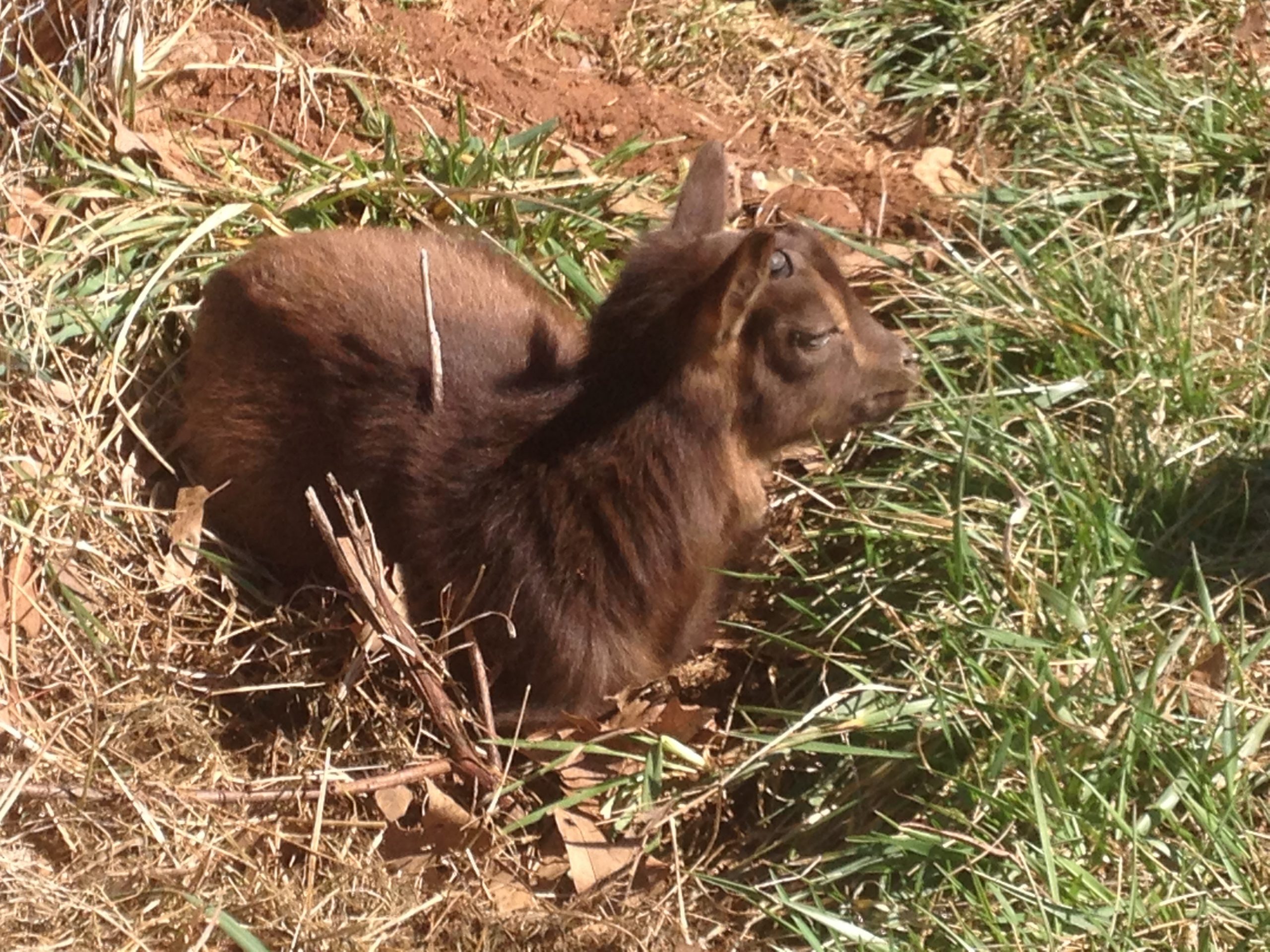
Common goat terminology:
First, let's review goat terminology that refers and identifies a goats sex.
- Wether - a wether is a male goat that has been fixed and cannot mate. They make great pets.
- Buckling - an intact male goat under one year of age.
Buck- a buck is an in tact male goat over one year of age. They tend to be a little yucky as they have a whole slew of behaviors to attract girls 🙂 - Doeling - a doeling is a female goat under one year of age.
- Doe - a doe is a female goat over one year of age.
Need some help to keep your goats healthy and maintained? The G.O.A.T Herd Management Binder has you covered from supplies to routine care reminders.
Goat Medical Terminology
Below you will find some common goat medical terms so that you can understand the health and well-being of your goats. Once you know these, you can use your goat medical supplies to take care of any issues.
- Scours - this is basically diarrhea.
- Banding - this is a way of fixing a male goat.
- CL/CAE/TB/Johne's/Brucellosis - all diseases that goats can get, most of which can be tested for to make sure your herd is clean.
- Cocci - a sickness that can cause diarrhea.
- Abscess - this is a boil filled with pus. It can be an indication of CL.
- CDT - this is a vaccine used annually to protect goats against Clostridium perfringens type C + D as well as tetanus.
- Famancha - this is a scoring based on the color of a goats eyelid which indicates how anemic they may be.
- Drenching - this is when you dose a goat with a liquid medicine.
Goat Anatomy Terminology
Here are common terms used when talking about goats anatomy.
- Scurs - these are small pieces of horn that have grown back or were not fully removed at disbudding.
- Disbudded - this is a goat who has had it's horns removed at a young age.
- Rumen - part of the goats digestive system.
- Udder - this is the part female goats that hang between their back legs; it is their mammary gland.
- Wattles - these are loose pieces of skin and tissue that hang from the sides of a goats neck; only some goats have them.
Goat Kidding Terms
If you will be breeding your goats, then you will want to know these terms used about kidding and breeding so that you are fully prepared for goat kidding and taking care of your baby goats.
- Bottle Baby - this is very much what it sounds, it is a baby goat that is being bottle fed instead of staying with it's mom.
- Open - this is a term describes female goats that are not pregnant.
- Polled - a goat who is polled is naturally hornless.
- Weaned - this is when a baby goat is no longer nursing from it's mom.
- Rut - this is when bucks are ready to breed. They will go through periods of time when they have a lot of hormones raging.
- Kidding - when a goat has babies.
- Freshen - to come into milk. For example, a First Freshner is a goat who is milking for her first time.
FAQ:
What are baby goats called?
Baby goats are called kids. However, if you want to specify their sex girl baby goats are called doelings and boy baby goats are called bucklings.
What are female goats called?
Female goats are called doelings when they are young and does once they hit maturity.
What are male goats called?
Male goats are called bucklings when they are young and in tact, bucks once they hit maturity if they are in tact and wethers if they are fixed or castrated.
What do you call a group of goats?
A group of goats is called a herd.
Did we miss any goat terminology that you need to know about? If so, drop them in the comments below and we will help you out.
If you need more help keeping your goats healthy and well taken care of, check out the G.O.A.T. Herd Management System - worksheets, calculators, supply management and more to keep your goats in tip top shape while cutting down on time.

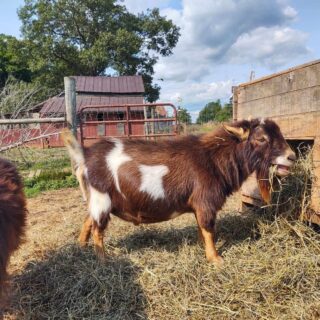
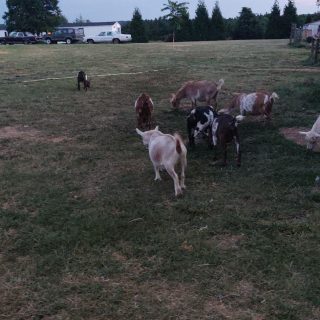
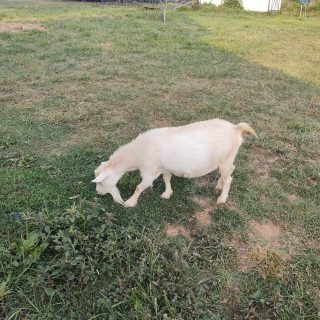
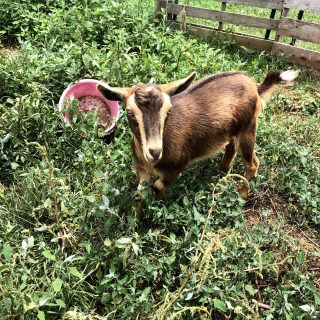
Lizzie says
I raise fainting goats and I don’t know if these terms are universal. But here’s a few I’ve come across and had to ask google about.
Marbled or speckled eyes.
Marbled is blue in center of eye and ring of brown around, or vice versa.
Speckled is specks of brown in blue eyes or vice versa.
And I think blue colored goats are goats with dark gray coloring or pure blue if they have all dark gray colored hair?
Thanks for clearing up these terms. Great post!
Winona L Leos-Condon says
was directed to the goat terminology page to find out about milk stars but there is nothing on the page about it.
MrAnimal Farm says
Sorry about that. We do have milk star information on our page about how to read a pedigree